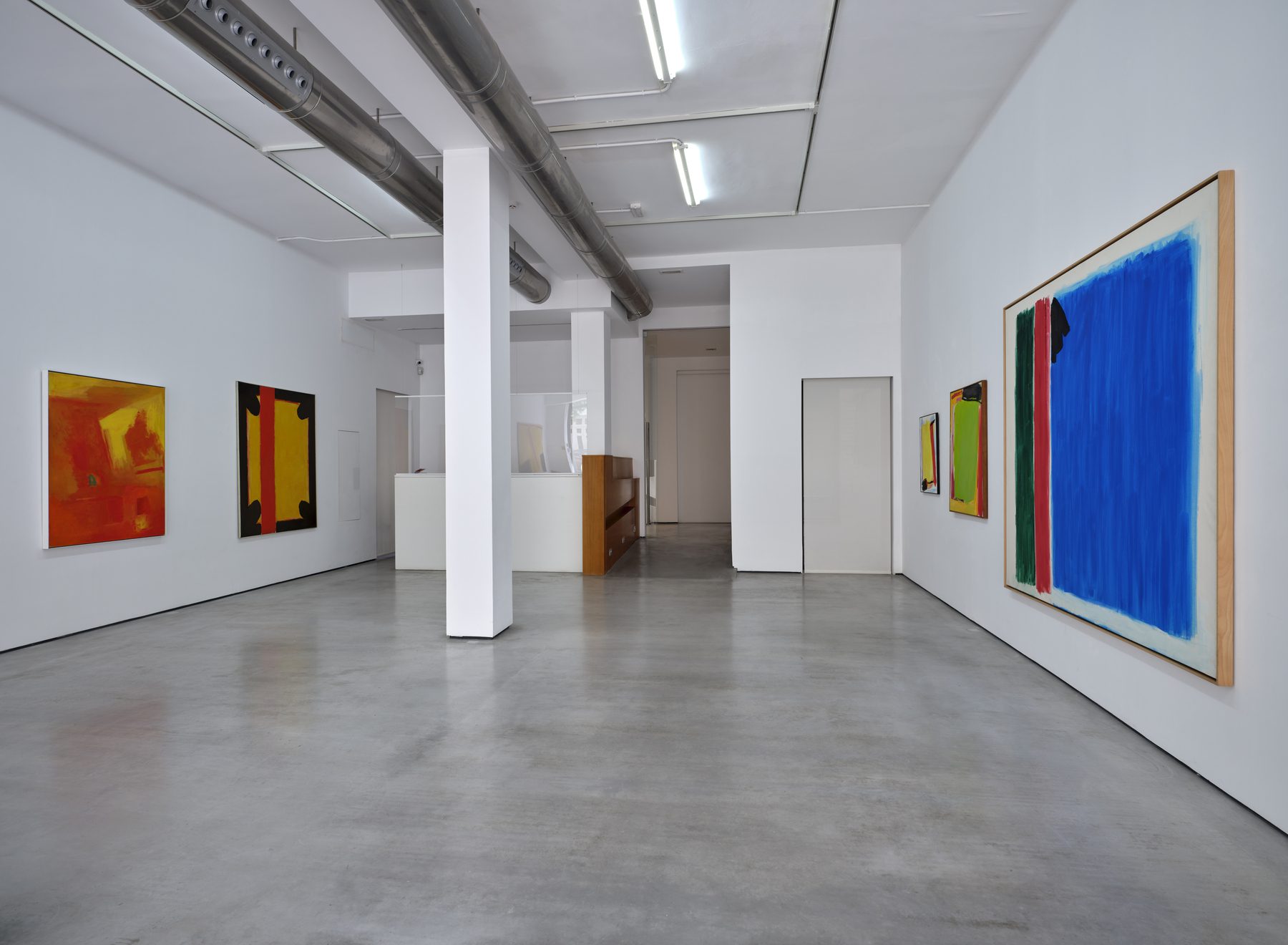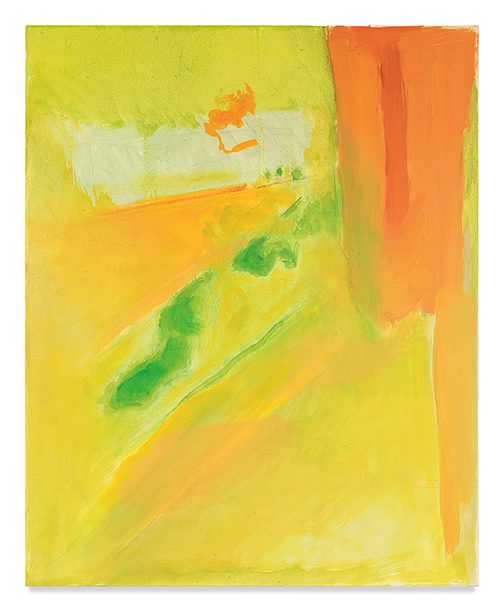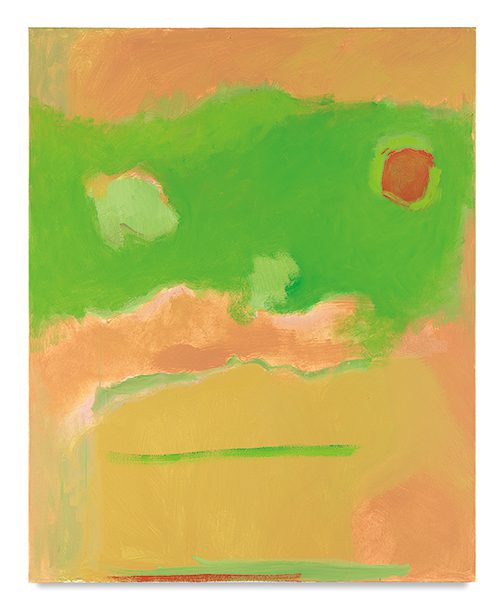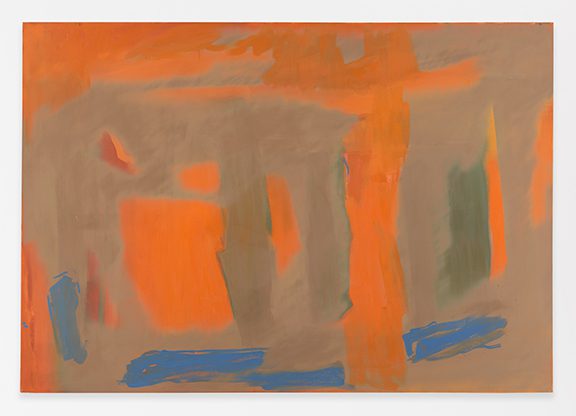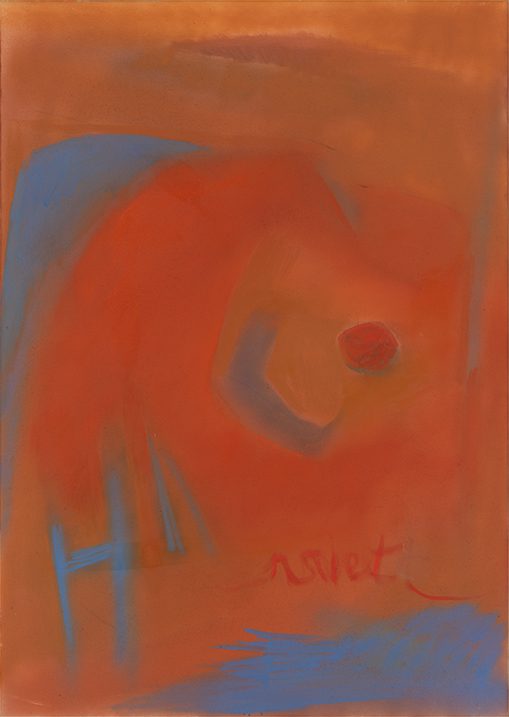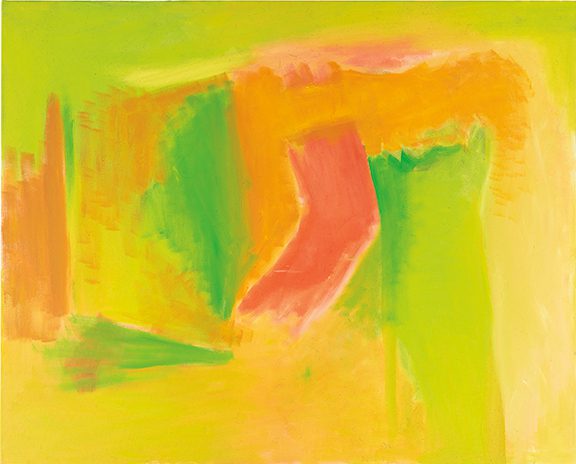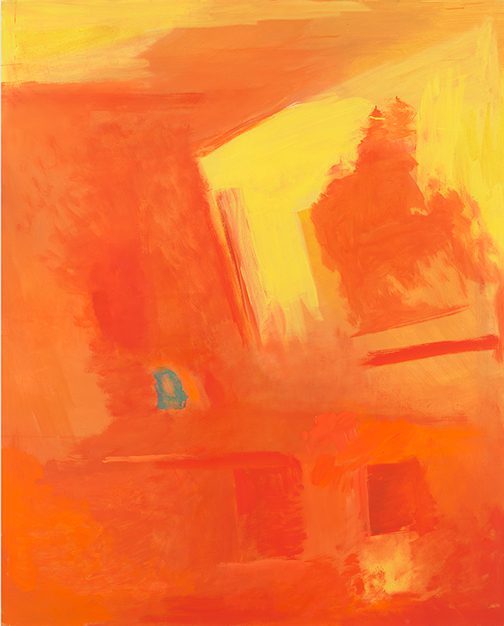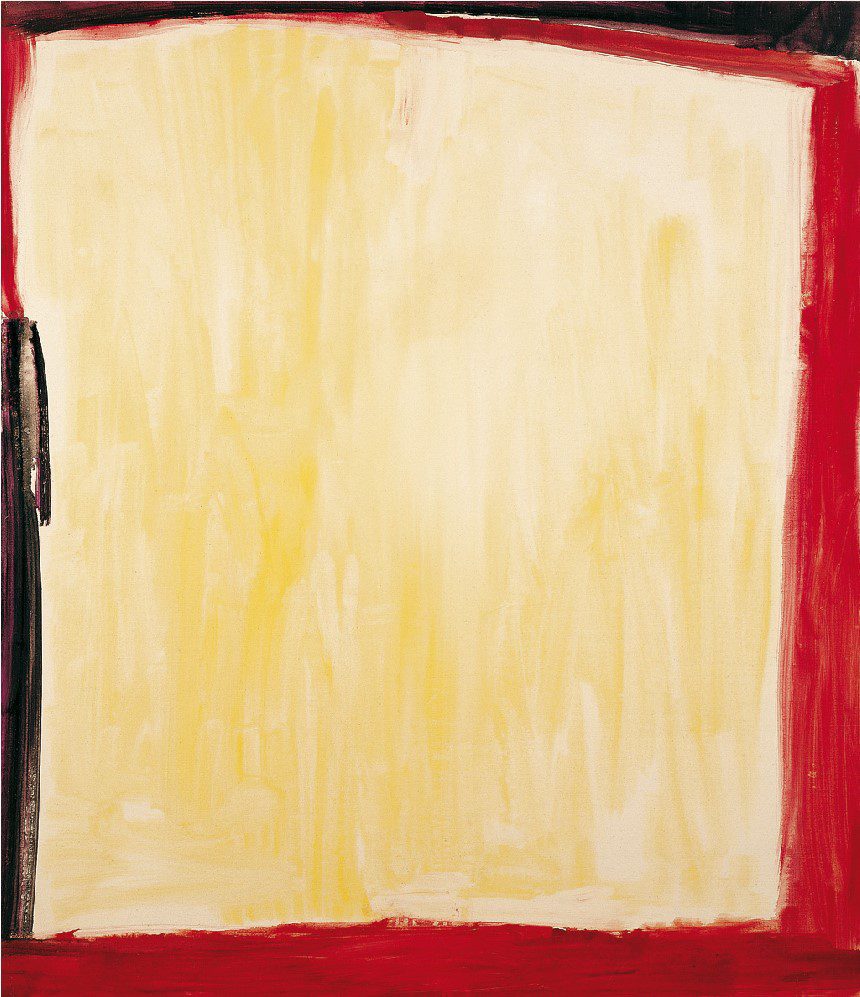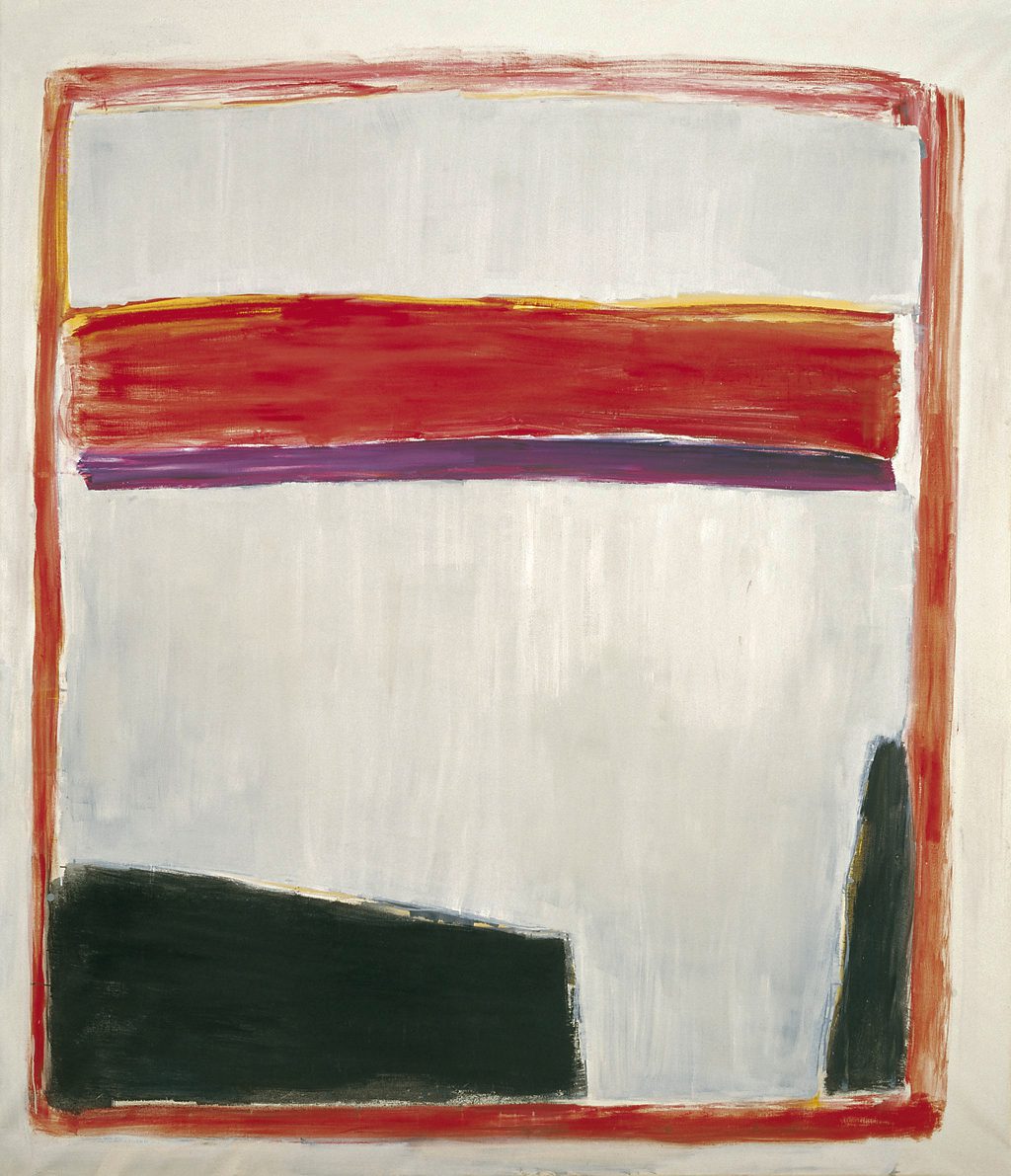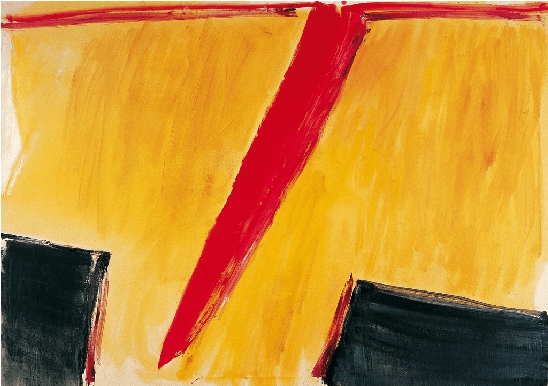Last Decades
Madrid
Galería Cayón is pleased to present Guerrero / Vicente: The Final Decades, an exhibition showcasing some of the last paintings by two of the most important Spanish artists of the second half of the 20th century: José Guerrero (Granada, 1914 – Barcelona, 1991) and Esteban Vicente (Turégano, Segovia, 1903 – Bridgehampton, New York, 2001). This marks the gallery’s third exhibition featuring Guerrero’s work since beginning its representation of the artist’s estate.
While this is not the first time the work of these two painters has been shown together—between 2019 and 2020, the exceptional exhibition Guerrero / Vicente, curated by Ana Doldán and Francisco Baena, directors of the Museo Esteban Vicente in Segovia and the Centro José Guerrero in Granada respectively, toured various venues—this new exhibition offers a fresh perspective by focusing exclusively on the final decades of their artistic production.
Intentionally, the gallery borrows the title of the aforementioned museum exhibition, adding the subtitle “Final Decades”—which, in truth, could have been shortened to “Final Decade,” as nearly all of the canvases on view were painted during the last ten years of each artist’s life.
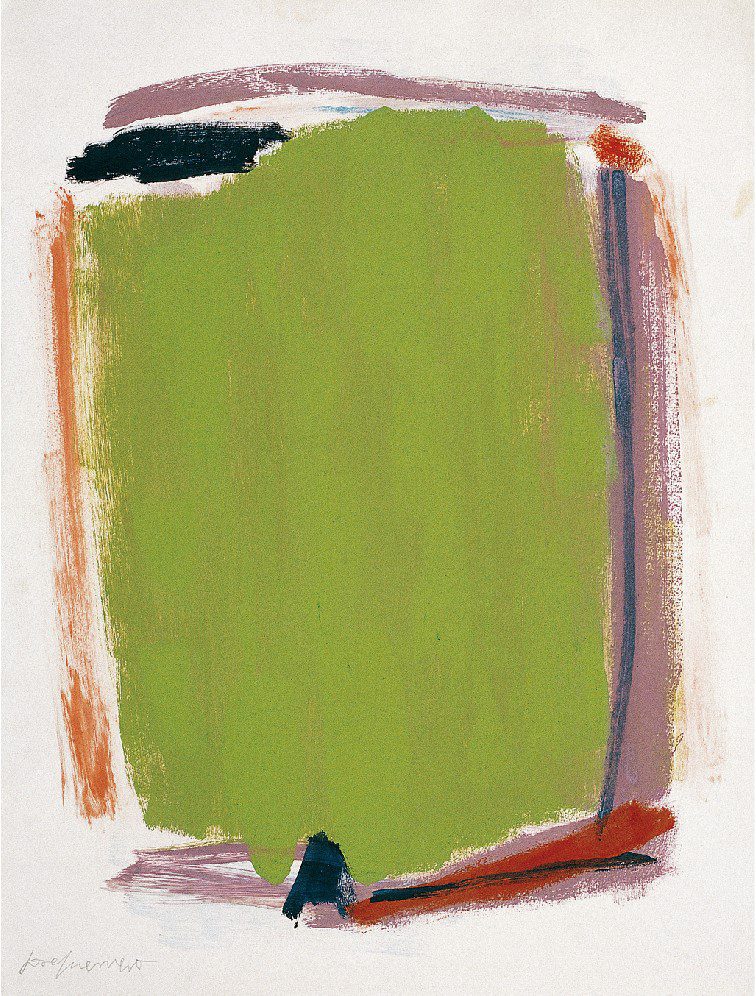
1989
In fact, the latest of Guerrero’s paintings was created in 1990, just months before his passing, while the earliest of Vicente’s works in the show dates to 1991—the same year the Granada-born artist passed away.
In these final works, Guerrero and Vicente affirm—more than ever—their radically opposing yet equally valid approaches to painting.
In Guerrero’s paintings, the freedom in the use of color is pushed to the extreme—color appears framed or merely hinted at, defined only by the edge of the canvas or by the presence of black, which, depending on the painting, outlines, supports, or accentuates the entire composition. In Vicente’s works—where, not coincidentally, black is entirely absent (a color so fundamental to Guerrero, who once remarked that its absence “reminds us it has been there”)—color acts as a diluted background upon which other tones are harmoniously distributed across the surface.
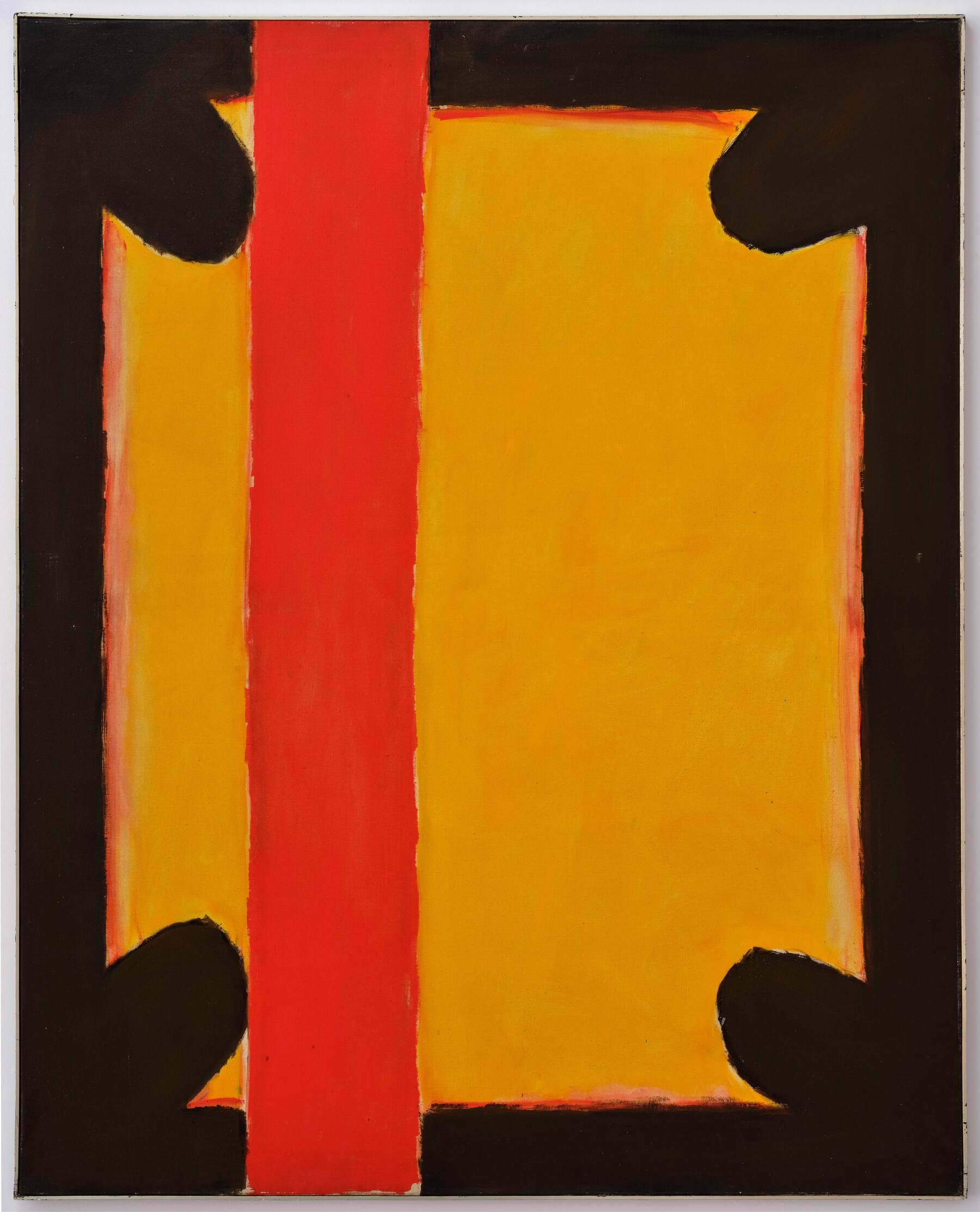
1975
In contrast to Guerrero’s color—contained by the edges of the canvas and anchored by his ever-present black—we find the plein air sensibility of Vicente, where color softly fades across the surface, turning the canvas into an open window, one not limited by the physical boundaries of the work or any other color that might restrain it. One could even attribute to Vicente this reflection by Guerrero: “Color expands, it never stops” (1988).
It is, one might say, color as the object of the work in Guerrero, versus color as the subject—in the sense of a supporting presence—in Vicente’s paintings.
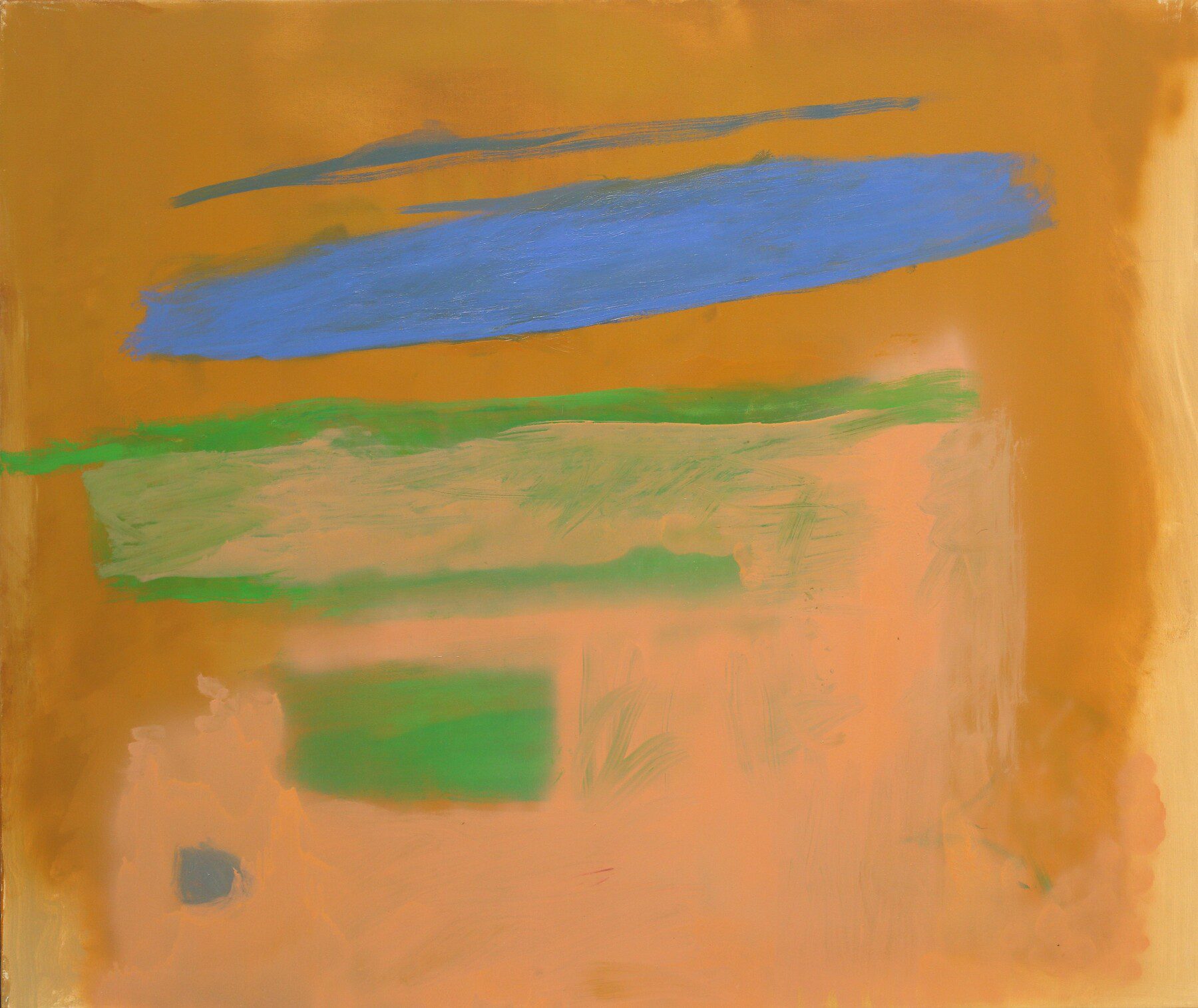
1994
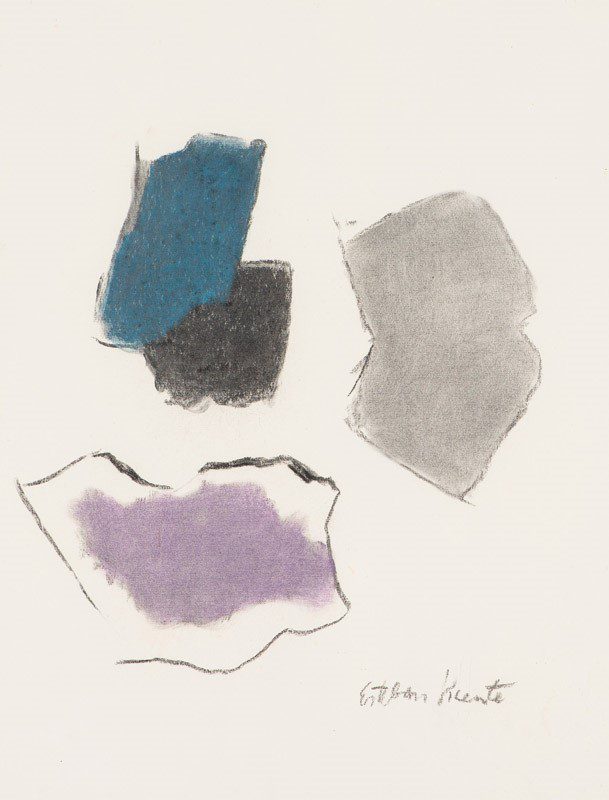
1950
It could be said that in Guerrero’s work, color is treated as the object of the painting, whereas in Vicente’s work, color functions as the subject—in the sense of a supporting presence.
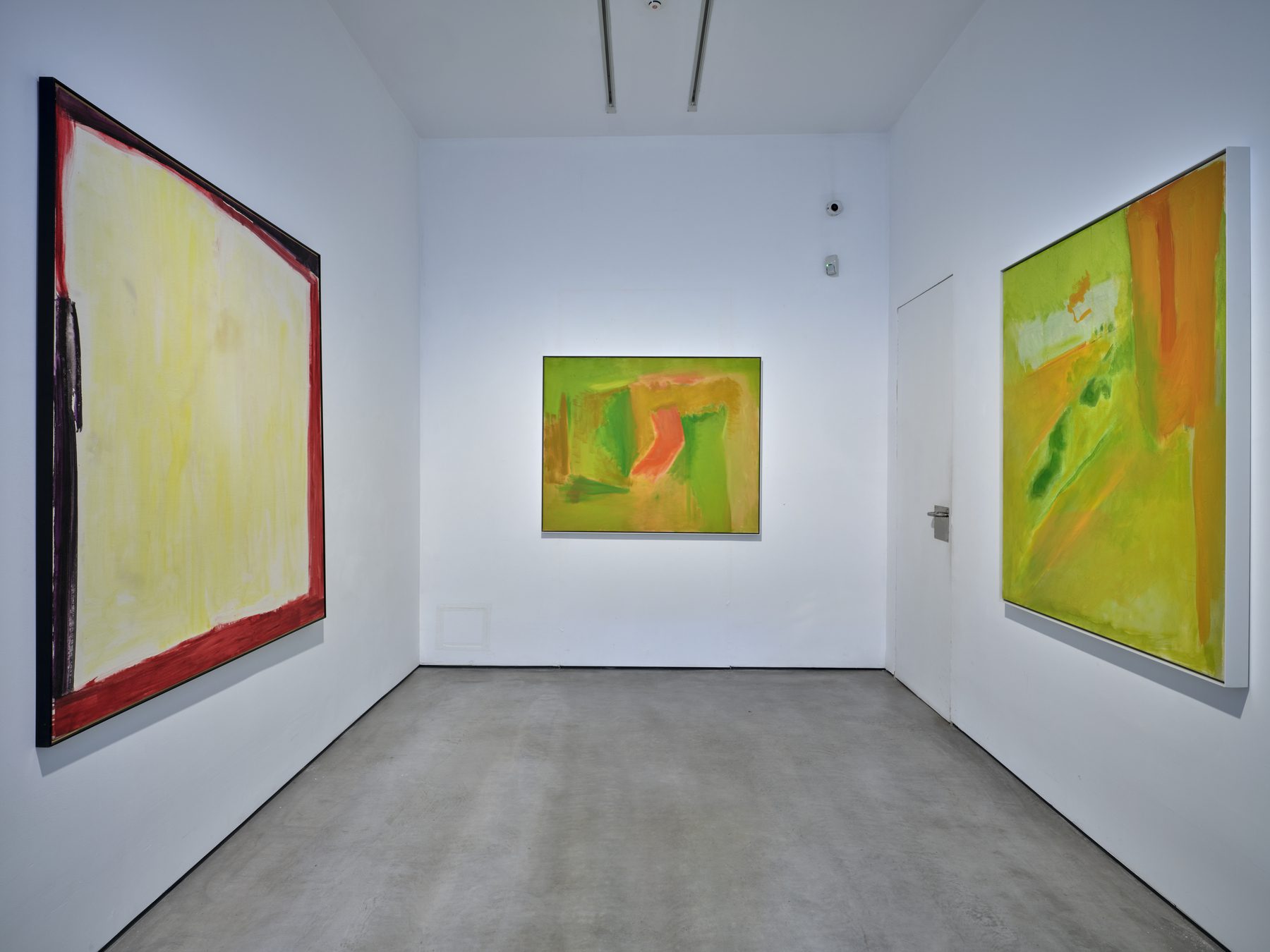
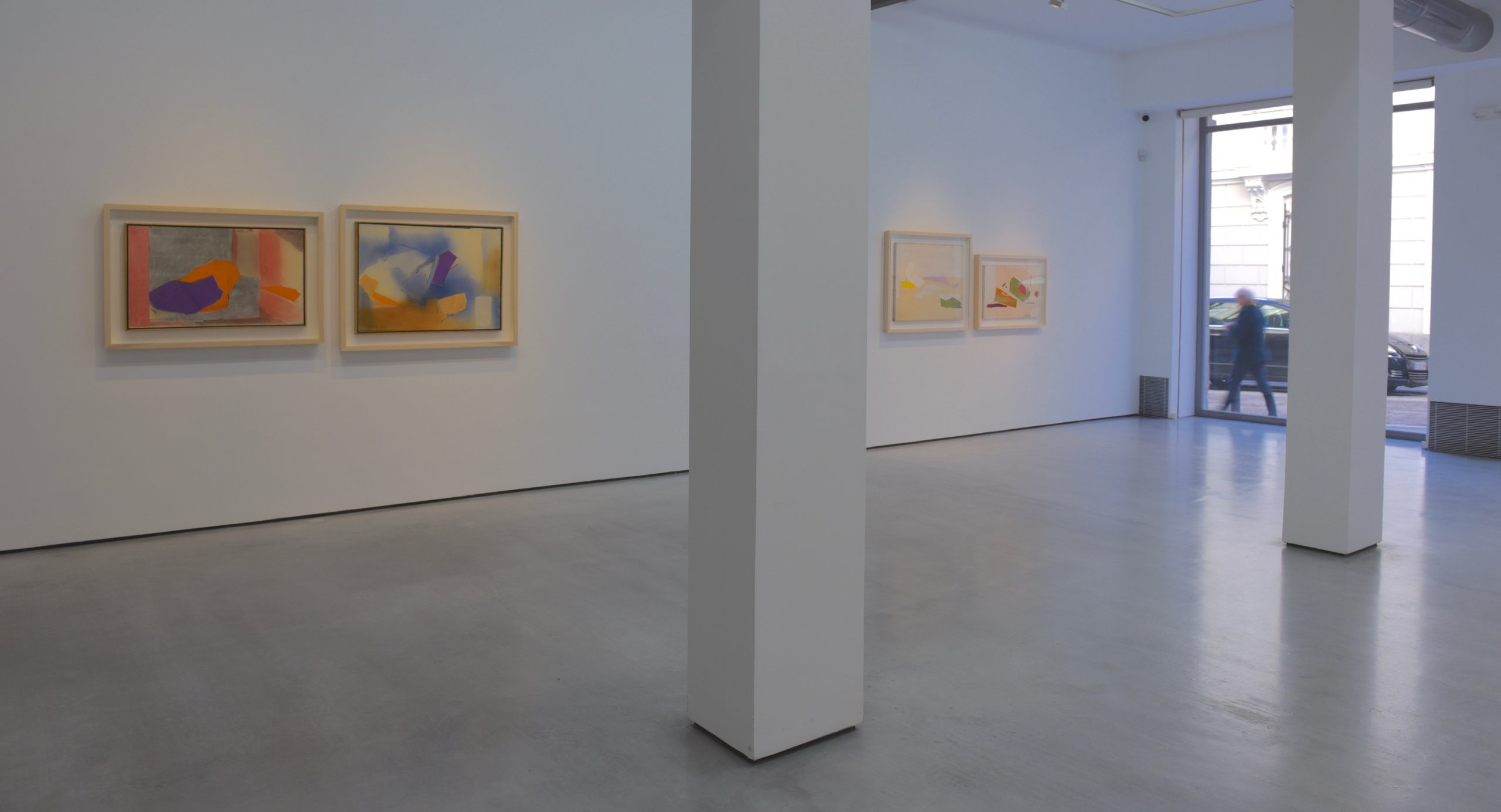
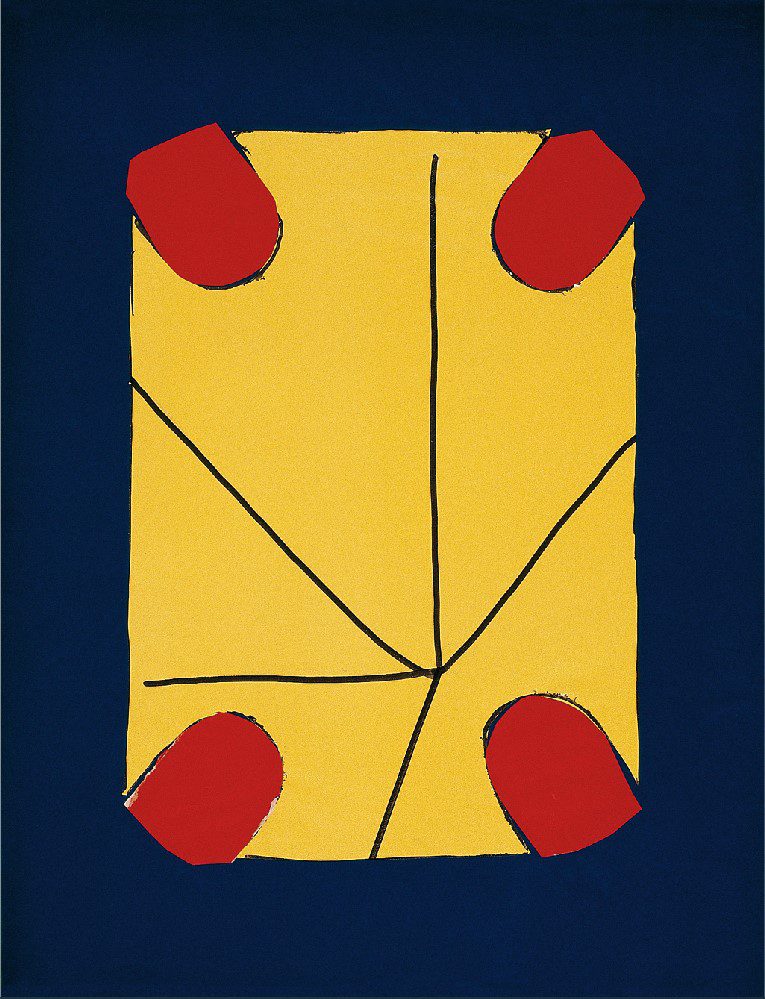
1973 - 1974
These final works by Guerrero also serve as a reflection of his life experiences. As Vicente said in the 1960s, “I think what appears in your painting is an accumulation of experiences”—in other words, painting created by looking inward through one’s inner window (what Yolanda Romero calls the “liberation of his inner world”). This contrasts with Vicente’s late works, which were devoted to painting while looking outward through the window onto his garden in Bridgehampton.
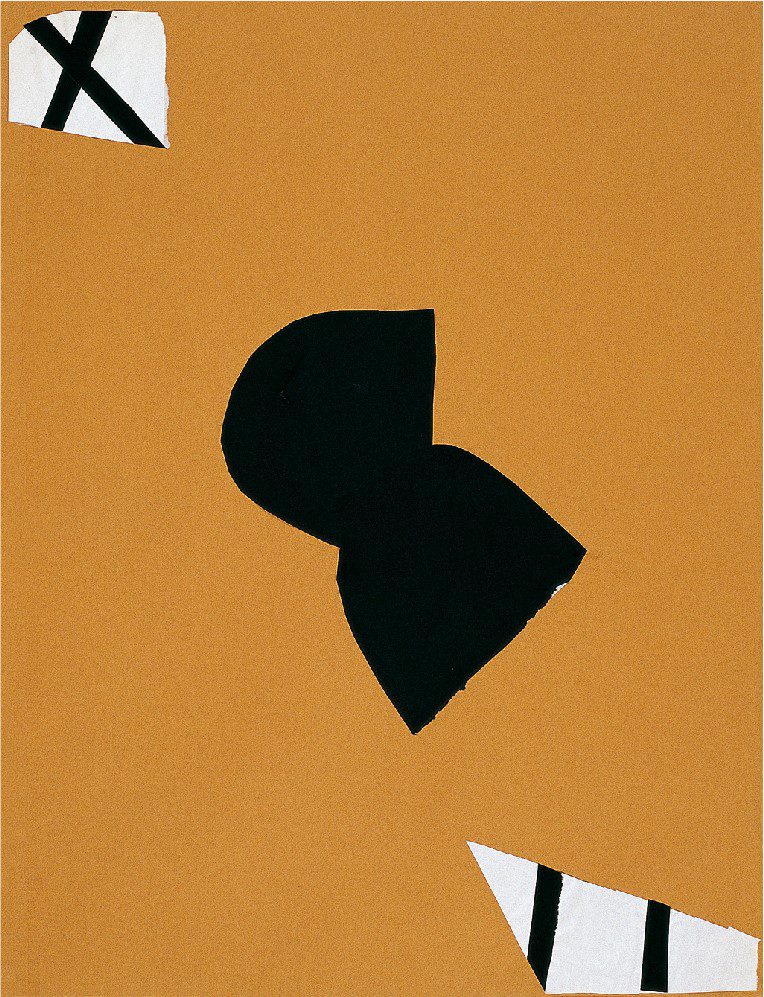
1973 - 1974
